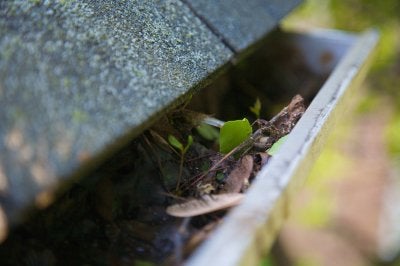Whether it’s finished or unfinished, a basement can be a very useful space. Unfortunately, it’s the one place that’s most vulnerable to flooding. If you notice excess water in your basement, it’s important that you call an Elmhurst plumber or another professional as soon as possible. Your flooding is most likely caused by one of the following. 
Improper Drainage
Every property in the city should be configured in such a way that allows water to run away from the house and into the municipal sewer system. If your property has a slope or ditch that doesn’t allow for this type of drainage, then there’s a good chance that water will flood into your basement. If this happens, you’re best off having a professional reconfigure your home’s drainage.
Clogged Gutter
Gutters are designed to collect the water that falls on your roof and channel it away from the home. If debris gets stuck in the gutter, water can’t get where it needs to go, causing it to instead spill onto the base of your home. Over time, the water from the clogged gutter could find its way into your basement.
Poor Sealing
After a period of heavy rain, the ground water around your property is likely to swell. The lower floor of your home should be protected by a sturdy seal; if it isn’t, there’s a good chance water could get in during or soon after a rain storm. As you can imagine, poor sealing is also implicated in flooding caused by poor drainage and clogged gutters.
Backed Up Sewer
The municipal sewer system can get overburdened during periods of high water volume, causing sewer water to back up into certain homes. After the next prolonged rain storm, be sure to keep an eye on any drains in your basement—including drains found in a downstairs bathroom or a laundry room drain.
Burst Pipe
It’s relatively common for pipes to freeze and burst during the cold months. If left unattended, a burst pipe can result in thousands of dollars of water damage . The best way to avoid this is to keep the indoor temperature above 55 degrees at all times.

